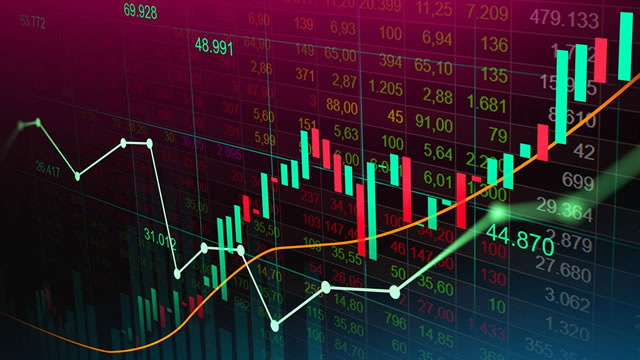China’s Economy: $7T Loss and 5.2% GDP Growth Clash
Post-Pandemic Struggles
China’s economy faces post-pandemic struggles, with stock markets plummeting since 2021. Despite a 5.2% GDP growth last year, underlying issues hint at a more complex reality. Beijing’s reluctance to address structural problems may hinder recovery efforts. China’s economic landscape is currently marked by stark contrasts.
On one hand, the country’s GDP growth of 5.2% in the previous year shows some resilience amid the challenges posed by the pandemic. This growth rate is higher than many other countries, reflecting China’s ability to bounce back from economic downturns. However, the $7 trillion loss in market value since 2021 paints a different picture. The stock market’s decline indicates underlying weaknesses that need to be addressed to sustain long-term growth.
Structural Issues
One of the key challenges facing China’s economy is the presence of structural issues that have been exacerbated by the pandemic. For example, the country’s high debt levels, reliance on export-led growth, and real estate market instability all pose significant risks to the economy’s stability. Beijing’s reluctance to tackle these issues head-on could hamper efforts to achieve sustainable growth in the future.
Moreover, the clash between the GDP growth rate and the market value loss highlights the disconnect between China’s official economic figures and the reality on the ground. While the government may tout impressive growth numbers, the market’s reaction suggests that investors are not convinced of the economy’s underlying strength. This lack of confidence could further erode market stability and hinder future growth prospects.
Impact on Individuals
As an individual, the clash between China’s GDP growth and market value loss could have several direct and indirect effects on you. For one, if you are an investor in Chinese stocks or have exposure to the Chinese market through mutual funds or other investments, the recent market downturn could lead to losses in your portfolio. Additionally, if China’s economic woes persist, it could have ripple effects on the global economy, potentially impacting job security, inflation rates, and overall market stability.
Global Implications
The struggles in China’s economy have significant implications for the rest of the world. As one of the largest economies globally, any downturn in China can have far-reaching effects on global trade, supply chains, and financial markets. A weaker Chinese economy could lead to decreased demand for goods and services from other countries, hurting exporters around the world. Additionally, financial instability in China could trigger a domino effect that spreads to other economies, leading to increased volatility and uncertainty in the global market.
Conclusion
In conclusion, the clash between China’s $7 trillion loss in market value and 5.2% GDP growth rate underscores the challenges facing the country’s economy. Addressing structural issues and restoring market confidence will be critical to ensuring long-term sustainable growth. As individuals and global citizens, we must remain vigilant and monitor the situation closely to understand how these developments may impact us and the world at large.





